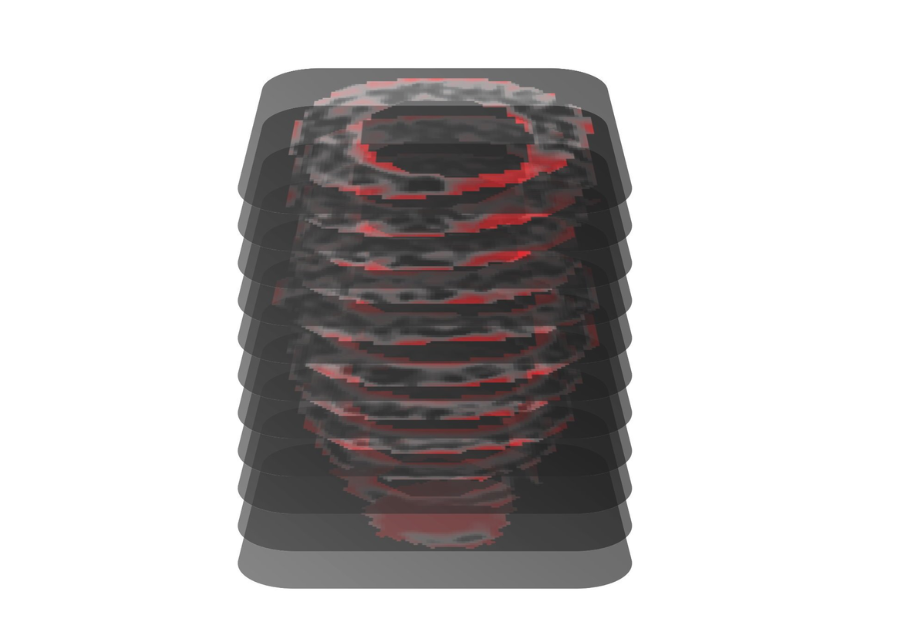A new artificial intelligence tool is showing promise in preventing sudden cardiac deaths by accurately identifying patients at high risk due to a serious heart condition. Developed by researchers, this advanced model called MAARS is proving to be far more accurate than traditional methods.
MAARS, short for Multimodal Artificial Intelligence for Ventricular Arrhythmia Risk Stratification, uses deep learning to predict the risk of sudden cardiac death in patients with hypertrophic cardiomyopathy or HCM. This genetic heart disease affects one in every 200 to 500 people and is a leading cause of unexpected cardiac death in young athletes and otherwise healthy individuals.
Many people with HCM live normal lives, but for some, the risk of deadly heart rhythm problems is much higher. The challenge has always been identifying who is most at risk. According to cardiologist and lead researcher Natalia Trayanova, current prediction methods used in the US and Europe have about a 50 percent success rate. “Not much better than throwing dice,” she said.
MAARS takes a completely different approach. It studies electronic health records, doctor notes, and especially contrast-enhanced MRI scans to detect patterns doctors may miss. One key focus is scar tissue in the heart, called fibrosis, which raises the risk of sudden death but is hard to measure through regular scans. “People have not used deep learning on those images,” Trayanova said. “We are able to extract this hidden information in the images that is not usually accounted for.”
Using a transformer-based neural network, MAARS can analyze different types of patient data at once and find important connections between them. In real-world testing, the tool achieved 89 percent predictive accuracy overall, and 93 percent in people aged 40 to 60, who face the highest risk.
Unlike current guidelines that may not work well for certain age or racial groups, MAARS gives accurate results across all patients. It also helps avoid unnecessary defibrillator implants by clearly showing who actually needs them.
“Currently we have patients dying in the prime of their life because they aren’t protected,” said Trayanova. “And others who are putting up with defibrillators for the rest of their lives with no benefit.” MAARS could change that, offering better outcomes and personalized care.
Also read: Viksit Workforce for a Viksit Bharat
Do Follow: The Mainstream formerly known as CIO News LinkedIn Account | The Mainstream formerly known as CIO News Facebook | The Mainstream formerly known as CIO News Youtube | The Mainstream formerly known as CIO News Twitter |The Mainstream formerly known as CIO News Whatsapp Channel | The Mainstream formerly known as CIO News Instagram
About us:
The Mainstream formerly known as CIO News is a premier platform dedicated to delivering latest news, updates, and insights from the tech industry. With its strong foundation of intellectual property and thought leadership, the platform is well-positioned to stay ahead of the curve and lead conversations about how technology shapes our world. From its early days as CIO News to its rebranding as The Mainstream on November 28, 2024, it has been expanding its global reach, targeting key markets in the Middle East & Africa, ASEAN, the USA, and the UK. The Mainstream is a vision to put technology at the center of every conversation, inspiring professionals and organizations to embrace the future of tech.




